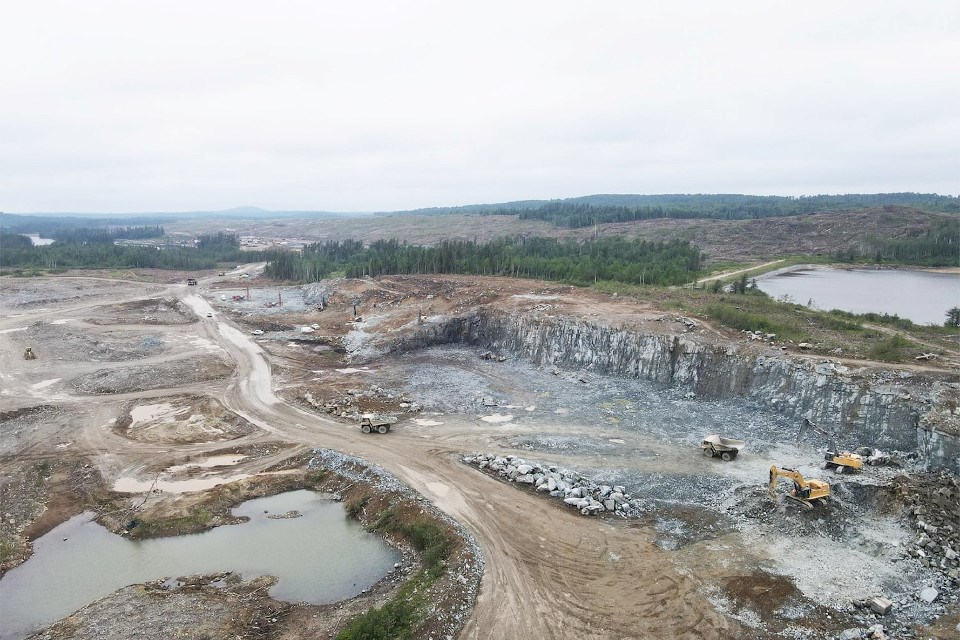A 35 per cent selloff of Argonaut Gold stock last week took CEO Richard Young by surprise.
A less-than-stellar performance since the start of mining at Argonaut’s Magino Mine, outside Dubreuilville, hasn’t exactly resonated with investors as the Toronto gold company’s stock has plunged from a high of 72 cents a share last August to 28 cents this week.
The open-pit mine and mill operation has been hampered by a number of startup issues that have driven up costs and has the Toronto gold company looking to finance its US$128.7-million debt.
Magino has fallen short on gold grades being mined and there have been downstream problems with the mill that’s resulted in downtime.
Despite the challenges, Young reaffirmed his belief during a year-end earnings call on March 7 that Magino will one day “be one of the largest and lowest cost gold mines in Canada.”
Argonaut operates mines in Nevada and Mexico. Magino, which started mining last June, is its emerging flagship asset. The mine, which achieved commercial production on Nov. 1, produced slightly more than 36,000 ounces for 2023.
Magino was successful in hitting its 2023 mid-May target in commissioning the mill but there have been numerous issues during the ramp-up to reach full capacity.
The Toronto gold company has been facing higher than expected dilution rates (waste material mixed in with ore) due to challenges in mining a high-grade area of the ore body. Grades at Magino are projected to decrease five to 10 per cent over the next three years than was originally forecasted.
Downstream, there have also been material handling problems, combined with mill parts wearing down prematurely and parts shortages.
Over the long haul, Argonaut said it won’t impact the life-of-mine grade or ounces.
To counteract the lower grades, the plan is to expand the mill capacity to 15,000 tonnes per day and put more tonnage through it. That will drive cash flow in the coming years.
It’s also prompted them to review their mining practices.
“We have learned a lot about the ore body and have used that knowledge to improve our mining practice,” said Chuck Hennessey, vice-president of Canadian operations.
The company expects the majority of the issues to be ironed out over the next few months. The mine and mill ramp-up will be complete by the end of the second quarter. They also plan to increase mill throughput by 10 per cent by year’s end.
The slow ramp-up has added to their costs.
The expected sustaining capital for Magino in 2024 ranges between $61 million and $63 million, up from the previously announced figure of $47 million. The money is earmarked for the mine tailings storage area, construction of a truck shop and assay lab, mill upgrades and equipment leases.
As a result, Argonaut is to looking to refinance its debt to give them the breathing room and flexibility to support the mill expansion.
Management said prospective financing groups have toured the site, they’ve received favourable terms sheets, and they expect to close the financing by the end of April.
Young didn’t point the finger of blame at his Magino team, calling them “as capable a group as I’ve ever had the pleasure of working with.” They understand the issues, he said, and have “solid plans” to address them.
Improvements include installing a GPS tracking system on its vehicles and adding four haul trucks and a new shovel to the fleet to boost the amount of material being moved and increase productivity. Other modifications are coming to maximize the performance of the mill..
Chief operating officer Marc Leduc said they’re turning things around and the mine’s performing better.
“I think we’re actually gonna knock it out of the park in the mine this year," he said. "They’re on the road to success."




